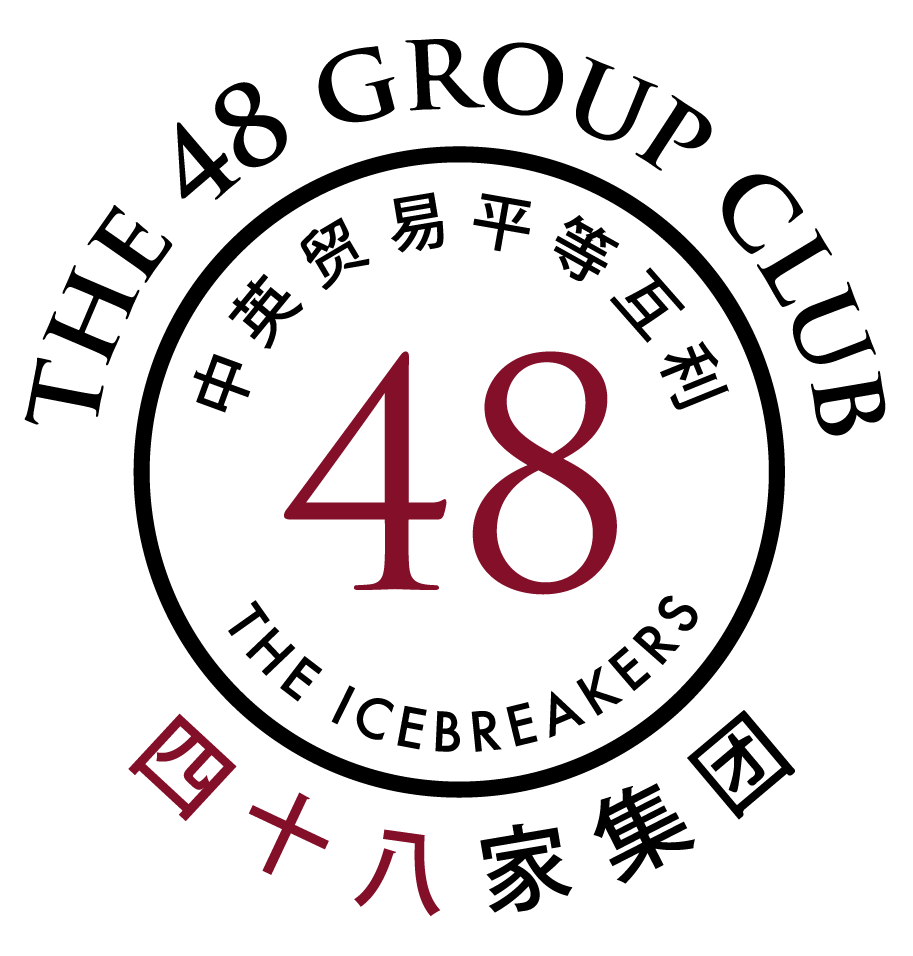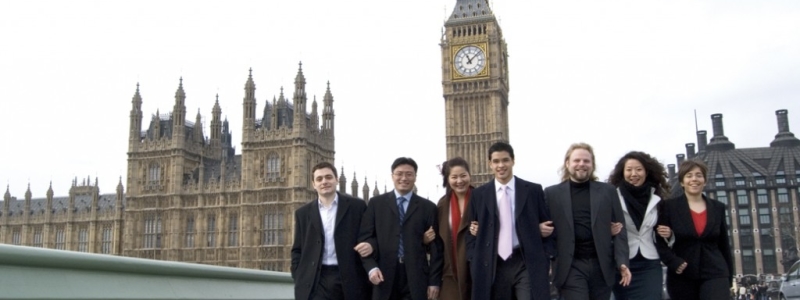Henry Kissinger’s book – On China – has been printed in paperback version. He has added a new chapter in which he reviews the substantial minorities in both the USA and China who expect conflict between these two countries. He has history on his side when one looks at the rise of new global powers, but China is a returning power and one that has carefully researched history and the current era. He recommends “ Peaceful Competition “ as a viable alternative, based upon expanded global markets.
The theme of an emerging Bamboo Curtain is not new to readers of this news-sheet. While the USA could find common cause with China in many areas it seems that, for now , Hillary Clinton has led the Obama administration into a challenging approach to China .
Perhaps she could show good cause by suggesting that China’s growth, whilst couched in very modest terms, was really quite a threat to American and Western hegemony.
The USA proposes that China needs to end its single party system and replace it by liberal democracy. Of course it goes without saying that the single party state has created the most impressive achievements for its people over the last 30 years, measured in economic terms.
China is working on its next stages of economic and political development. It is this that preoccupies the leadership changes as opposed to simple factions. But the disconnect between the USA and China is quite deep. The USA feels challenged globally by China’s
development and China feels threatened by the compromises the USA appears to demand. There is more to be gained from each other, much more, than might be the consequence of a conflict, whoever won.
In the end, in my personal opinion, the argument is somewhat academic if both, or either, have gone beyond accurate assessments of each other. China asserts that it has no interest in challenging American core interests and asks the same in return from the USA. But the USA still seeks global domination. And sees China as a real potential challenge. The flash points are the South China Sea, and, perhaps, later, in Central Asia if the Clinton speech in Outer Mongolia heralds a “Stan” Spring.
The USA, Europe and the Trans Pacific Partnership in a combined Free Trade Area would be cornerstones of containing China trade and investment agendas. The question is whether the USA or Europe will really extend a Free Trade agreement into a containment of China. I think that will be hard to achieve. Asian disputes might increase the sense of China worries. In the end China has a deep interest in Asian harmony and development, but sensing the “Obama Tilt” will show strength now, rather than be supine and have to defend later. It is possible that APEC might dominate over ASEAN . It is possible that Japan, South Korea, India and
Australia might unite to face down China. But a single agenda approach to Asia has never worked to date. There are too many other issues that would undermine a single issue approach.
But, finally, it is the global market, which feeds the huge and expanding appetite of the Western Multi- nationals, and they will find it hard to shut out a quarter of the world’s population. So the tensions will grow but be tempered by the needs of commerce.
The globalized world is not such an easy place to script and manage any more. I do believe that the idea that the World has moved to the East is an “anticipation” as opposed to a current reality. To some extent there has been a significant switch. But the real power of innovation still rests in the West, and the economic and military weight as well.
But the idea that the West, or just the USA, could repeat the containment that was visited on Japan and Germany, and then the Soviet Union, is to ignore the reality of global markets, and global multi – nationals. Let alone global resourcing and the borderless nature of much of the modern media based structures.
The Chinese are well versed in research and know this well. However frustrated by USA attempts to contain them, they have to recognize the balance of power and find outcomes that are respectful of that balance.
As China begins to experience serious impacts from the changes of economic development models so it will have to manage this external contradiction. The current global concerns as to whether China can sustain its high level of growth, in the face of its anti-inflation programme and global crises, only serves to demonstrate how real the inter-dependence already has reached. I do not pretend to have a crystal ball but China is as adept as anyone in managing the levers of economic policy as the last 30 years has shown. But the reality is that no country is really coping with the storms, and the West should really do all it can to maintain those who are growing, and can grow, and not start an idealistic war which could pull apart the fragile coalition of interests for growth and
sustainability.
(I think economists are debating China’s situation and arguing about different economic theories, which were created to deal with real events many decades ago as opposed to today’s crises – this makes me doubt their applicability. The Chinese seem to have used the big club in 2008 of a fiscal stimulus, learnt many lessons, and are now using selective measures to deal with the challenges to growth. They are not doctrinaire, depending on austerity or growth or Keynes or Friedman. Instead they are being pragmatic and working on
tests and real experience. The Chinese are not building airports and high-speed train lines because they think they need to invest as a theory. They are building them because they need them. As they are the policies of people who have been working on this for many years, I have more confidence in them than Western politicians who have little practical experience.)
I think for all the bluster, the new features of the world make a clash, even through others, unlikely. India and Vietnam can smart at China but, like the Philippines, they cannot really contemplate a conflict. So they will back down in the final analysis. China, now assertive in these areas, will likely back to a more harmonious multilateral approach, provided the atmosphere is benign towards Asian harmony.
I doubt the Germans and Eastern Europeans will allow Europe to fall into a clash of power with China. There is so much to lose in trade and economic terms in Europe.
I doubt the Chinese will try to create their three rings of pearls in the near term, and thereby risk conflict with the USA. But I doubt they will drop this strategic aim.
So I am an optimist that after a deterioration in the international situation both sides will seek to find outcomes that are essentially interdependent.
And this is not such a bad thing. The USA and Europe need new economic opportunities and models to escape their economic imbalances. China can provide that. The Chinese need innovation and access to world markets and will compromise on their control
red lines to achieve that.
The big challenge will be creating structures and concepts that enable Chinese and Western multi nationals to ice break and innovate, to enable the fruits of an expanded global market to be realised, within regional structures that enable the positive development of people, but limits the potential for conflict, other than those resolved through debate and argument. This need for new big ideas, with
China and the emerging nations, is as important as the search for growth in the West. The failure to solve these two together will likely have very negative consequences. History shows guided expansion works, but financial bubbles and armed conflicts hold back development.
In the next few weeks we shall find out if the Standing Committee is to be 7 or 9 – I think 7 – and who will fill what position. In the end, while factions and positions are a constant feature of all political structures, the Chinese will, I trust, keep policies at the forefront of their decision-making. If they do not then China will have fundamental problems. Corruption and self-interest are the poison for this period of world history and so for China’s. China, like all countries needs good leaders who work for the collective good, collegiately, and with great determination. China is faced with challenges but that creates opportunities.
A happy summer to you all
Stephen Perry

